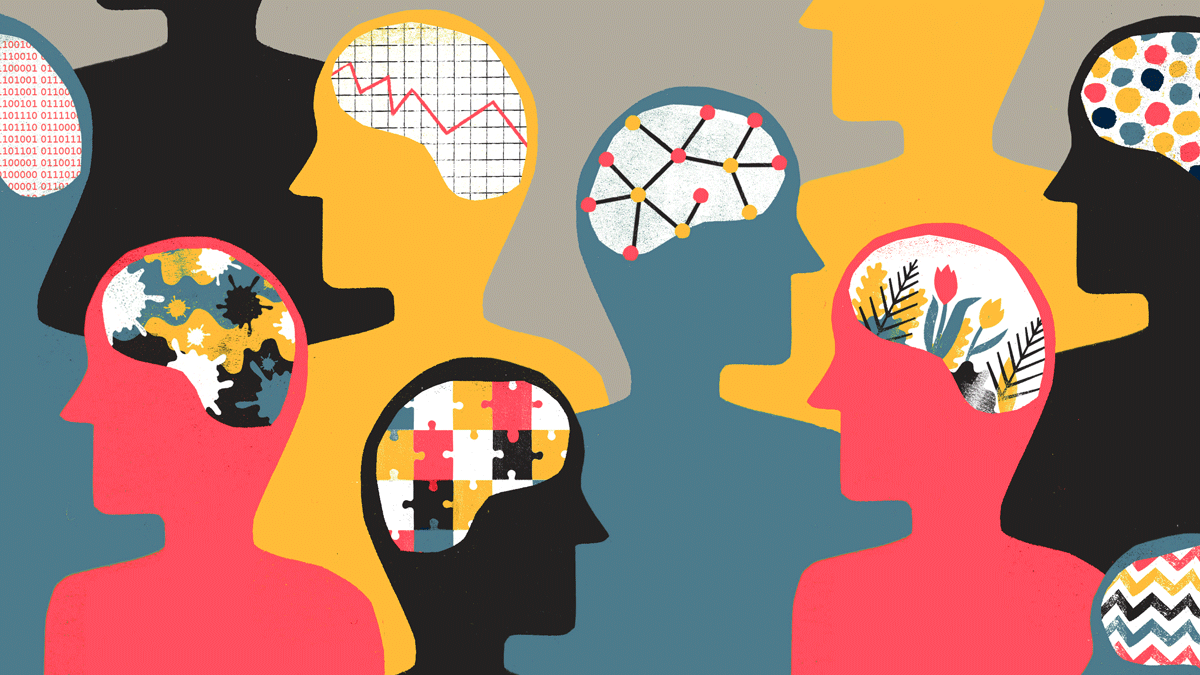Today marks World Suicide Prevention Day.
Every year, 10 September sees organisations and communities around the world unite to raise awareness centered on suicide prevention and show that recovery is possible.
Each year highlights a different theme to focus on a specific aspect of suicide prevention. But the fundamental purpose remains the same — to encourage people to talk about their feelings, share emotions and show support.
During these unprecedented times owing to coronavirus, affecting the population on a seismic scale, it has never been more pressing to emphasise the importance of mental health and showcase support resources. Because we are charting a unique health crisis currently, it is undeniable the effects will have long term impacts. But matters become more serious when matters aren’t taken seriously.
So BritAsia TV had a look at the most recent bulletin provided by International Association for Suicide Prevention (IASP), who are spearheading the cause.
IASP President, Professor Murad Khan said: “This year marks the penultimate year of our triennial WSPD theme, ‘Working Together to Prevent Suicide’. The theme is even more fitting this year since we have a shared global experience of working together to fight a global threat. We may not be able to congregate in person for our usual activities; however, we can still connect virtually by means of online webinars and our traditional IASP community events, Cycle around the Globe and Light a Candle.
“In particular, the Cycle around the Globe campaign supports community-based suicide prevention activities in low-middle income countries. I encourage you to contribute any distance on any route to help communities recognize suicide feelings and support those in need to seek help.” Said Professor Khan.
He added: “As the leading global suicide prevention organisation, we have achieved several important objectives in recent months. Namely, the establishment of the Covid-19 Resource Centre, including international briefings, intergovernmental and nongovernmental resources, external publications, research, tools, and resources.”
The resources compiled by IASP can be found by clicking here.
FIVE TOP TIPS FOR GOOD MENTAL HEALTH – because taking care of your mental health is just as important as looking after your physical health.
- KEEP ACTIVE
– When you exercise, your body releases chemicals called endorphins which essentially reduce pain and increase pleasure. They trigger a positive feeling in the body, similar to that of morphine. Some popular exercises to boost mental health include running/walking, boxing, pilates and yoga. - KEEP A ROUTINE
– Working from home is proving challenging for many as the months go by, but behaving as you would if working in the office can benefit your mental health. So set your alarms for the normal times, dress as you would if you were going into work, make sure you take time out for lunch and fresh air. And if you’re missing colleagues, start a group chat or create fun quizzes when you’ve got a moment to spare. - DO WHAT YOU ENJOY
– Everyone’s got something they turn to when they reach burn out. Some stress alleviating hobbies include drawing, painting, colouring, keeping a journal, puzzles, cooking, and knitting. It can be anything, just enjoy it and escape for a while. - GET A GOOD NIGHT’S SLEEP
– A lack of quality sleep can lead to poor physical and mental health. If you find getting to sleep a challenge, consider your environment. Make sure it’s an ideal temperature in your bedroom (cooler than warmer) with reduced noise and light levels. Keep your bedtime at a similar time and unwind with a hot bath and a relaxing (decaffeinated) tea. - PRACTICE MINDFULNESS AND MEDITATE
– According to the NHS: “Becoming more aware of the present moment can help us enjoy the world around us more and understand ourselves better.”Take time to notice the world around you and how it stimulates your senses – if you begin to feel anxious, you can use the 5-4-3-2-1 coping technique. Or look around – What five things can you see? What four things can you touch? What three things can you hear? What two things can you taste? What is one thing you can taste? It’s a simple technique, but it keeps you grounded.
Did you know The Samaritans are the only organisation that collates suicide statistics for the UK, its nations, and the Republic of Ireland. They are published annually in their Suicide Statistics Report, which can be found by clicking here.
To contact a Samaritan or for more information on how you can support, please visit samaritans.org.




